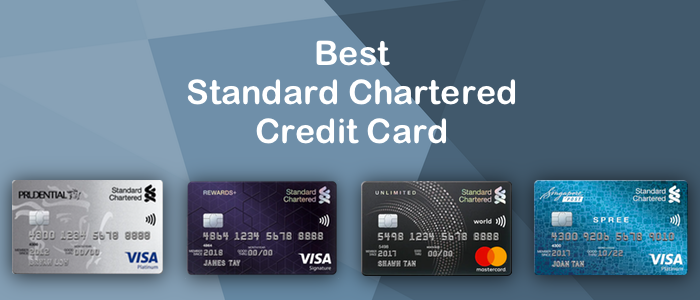Low Credit Rating?
Our British pals have a saying: “The pound in your pocket”. It describes how the world of big money eventually filters down to affect your everyday life and your family’s budget. Coined in 1967 by then Prime Minister Harold Wilson, it’s as true today as it was then.
However, we’ll be the first to admit that “the dollar in your pocket” doesn’t have the same ring to it, but what’s true in the UK is equally true in Singapore. Decisions made at the highest level will eventually determine how you spend (or save) your money, so it’s worth paying attention when our governments or banks make changes.
In Singapore, the (ahem) dollar in your pocket is regulated by the Monetary Authority of Singapore (MAS), which – for better or worse – look after the interests of government finances, corporate trading, and you. You, your bank account, and the credit card in your pocket. They are the people that set the rules, and they are the people that encourage you to bank and spend wisely and avoid sinking the whole island into a mire of consumer debt.
And on this front, they appear to be succeeding in what is a bit of a balancing act. But are they fair? Michael Turner, a US-based financial expert says that changes are needed, especially when it comes to credit bureaus.
Credit bureaus? How does this affect you?
MAS’s plans for a Credit Bureau Act look to regulate the people who decide how much money you’re allowed to borrow. A credit card is regarded as a loan in this sense, so every time you make an application, it goes through one of the country’s licensed bureaus who decide if you are credit-worthy.
Turner says that there are only two credit bureaus in Singapore when it comes to these decisions, and while the new act might open the door for new bureaus to be set up, it’s hardly likely to happen.
Credit bureaus are important as they contribute to keeping interest rates low by rejecting high-risk customers, but a lack of information sharing and a lack of competition might distort the market. It’s important for you, because this setup means a lack of a second opinion if you’ve got what they think is bad credit. That’s a situation that some people say has got to change.
It’s a complex subject to explain succinctly, but the short version is that analysts think that MAS’s grip on credit lending is too tight at the moment, and that’s denying card holders the right to lower interest and better deals.
Nevertheless, credit cards in Singapore still represent a fantastic service for card holders. This is all about making them even better.





